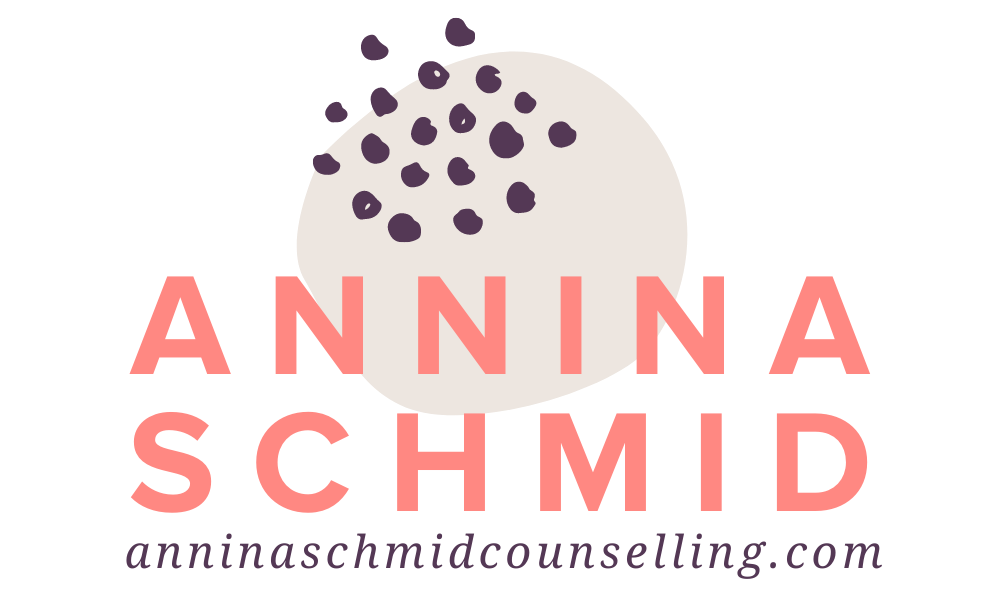One of the questions that comes up regularly in my practice is whether or not to got to rehab, an inpatient eating disorders treatment program, or a combination of both.
Here's what I usually ask my clients to consider before making a decision about whether or not residential treatment is the right option for them at any given point in time:
1. What will you come home to?
It might feel counterintuitive to approach the question of whether or not to go to rehab with the time after you're done there in mind, but I want to sensitize people to the idea that returning to the same exact situation you left behind will likely pose a challenge.
If you're returning from rehab to the work place, family, home life, or other situation that stressed you to the point of engaging in harmful drinking or ED behaviours, chances are maintaining sobriety or not engaging in those behaviours will remain very difficult.
A big part of recovery is making lasting changes, and in my experience, more often than not, hardly any significant changes that could be helpful to you will be made in your absence.
2. What methods to they teach?
Sadly, there is no such thing as a cure-all, quick-fix, magic pill, that can do away with all your problems in a few weeks.
Even the priciest rehab centres have high relapse rates, and paying more won't automatically - or typically, in my experience - produce better or longer lasting results.
But if you're thinking about putting your life on hold for several weeks, you've probably already done your research:
What tools and methods to they teach?
Have you been able to determine whether they offer a harm reduction, size-inclusive approach?
Does their program include attending public AA sessions, and is that something that could be helpful to you?
And if yes, why not attend meetings regularly outside of treatment?
If no, what other approaches might be more suitable to your needs?
3. Who will be your supports in this process?
While not all of us are lucky enough to have support people that are willing to go that extra mile, I can only encourage the inclusion of those who are closest to you in your treatment:
We know that the outcomes of all kinds of treatment are best when supports such as your partner or family members get support, too.
This could be in the form of family therapy sessions, individual sessions or psycho-educational sessions for other family members.
4. What have you tried already?
Adding to the points above - what treatments, counselling or therapy have you tried already?
What might be helpful to do more of?
Might your money be spent more sustainably if invested in different or more frequent therapy sessions, outpatient group supports, support for your partner or other family members, or Health At Every Size-minded nutritional counselling?
As a thought experiment, let's illustrate this question in numbers:
If your treatment program costs $30k, and we're assuming a private therapy cost of $158.20 per specialist session (including HST), you could buy around 190 hours of individual counselling with a subject matter expert, which would equal, for example...
about four years (!) of weekly counselling sessions, or
about two years of twice-a-week counselling sessions, or
two and a half years of one counselling session a week plus weekly nutritional support.
Group sessions aside from AA are also available for purchase, some offered free of charge, some for money, and they range from mindfulness trainings to DBT skills and anger management.
If you could dream up your own, customized outpatient treatment plan, *|FNAME|*, what would it look like?
If you want, let me know, I'd be very curious to find out! :)

